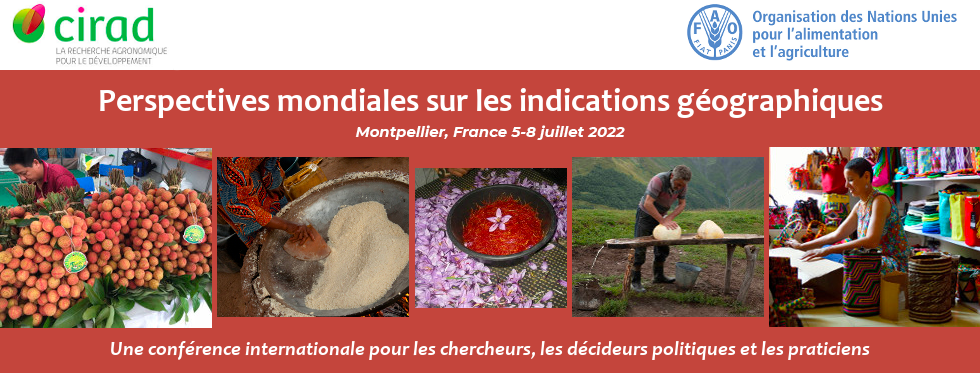Ethiopia is the 10th largest honey producer in the world but only the 45th largest exporter. The majority of the honey produced is consumed domestically with less than 2 % exported. Due to factors related to unmodernized techniques of production which affect the quality and quantity of the product and high domestic consumption, honey is not a well-known and utilized export commodity in Ethiopia. There are high-quality honey brands produced in different regions of Ethiopia. These include the Adot-Gojjam honey, the Masha, and the Tigray Whitish honey. Each has got its reputation with its specific nature and quality strongly linked to natural and human factors in the specific regions.
Though the whole potential is not exploited and the product is not well promoted, slight improvements are observed in the production amount and access in the international market. With limited export, the demand for Ethiopian honeyis increasing mainly in Europe, from time to time. Ethiopia has been the largest honey producer in Africa since 2016. Considering the Apiculture industry's huge potential for multiplied social and economic outcomes, the government and non-governmental organizations are working on enhancing the value chain through various mechanisms. Promoting the Apiculture industry could have the effect of pulling millions of Ethiopians out of poverty and supporting small and medium businesses in the industry by creating sustainable linkage with national and international partners.
Ethiopia is not a member of the WTO nor the Lisbon agreement and it does not have a national GI law. Recently, it is working on the definition of the GI legal framework and its implementation on the value chain. Introducing and promoting GIs plays a significant role in agricultural development, especially in a country like Ethiopia that has agricultural products with a suitable nature; about 80% of its population are farmers and the agricultural sector is the backbone of its economy. There are many products with an established reputation pertaining to specific regions, climate, and soil. GIs tend to be the best mechanisms to promote local products by providing protection to registered right holders and encouraging farmers and other parties in the value chain to increase production and availing a quality product to the domestic and international market. This shall benefit them to improve their lives, create jobs for others, improve food security and contribute to the overall development of the country. The quality control requirements in GI and the standards set are usually productive in maintaining the reputation of the product with a mechanism to punish free-riders. The GI system also engages many stakeholders and institutions in the management and administration which makes it more engaging by allowing parties in the value chain to participate in decision makings. This paper aims at addressing how GIs can be used as a tool to promote a potential GI product, honey. It also identifies the challenges and suggests lessons that can be learned from the experiences of other countries.

 PDF version
PDF version
